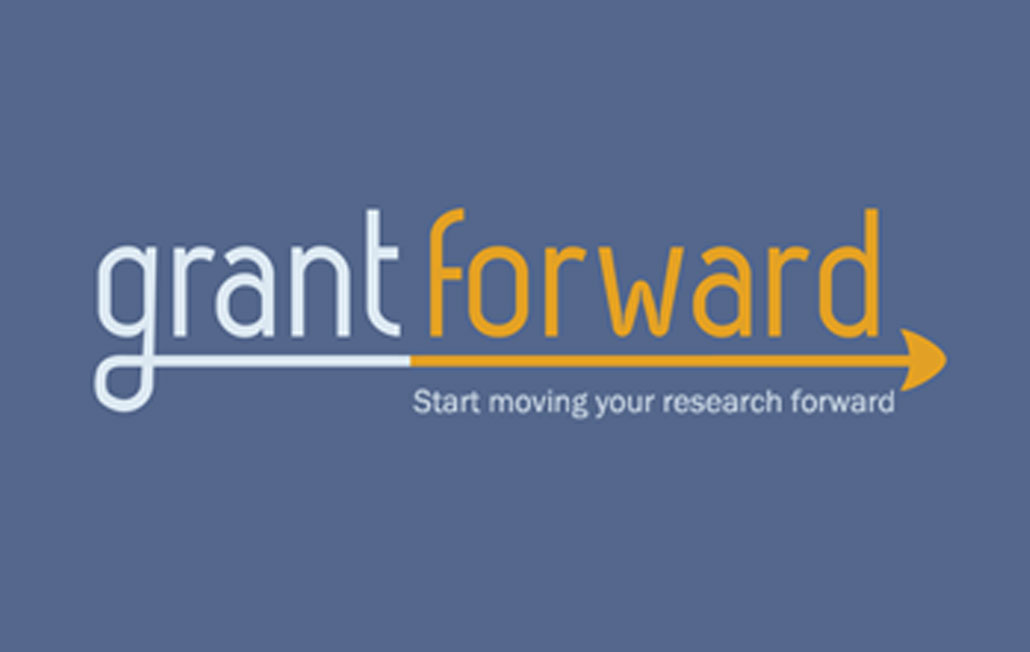
GrantForward is a cloud based comprehensive funding opportunity database designed specifically for academic researchers and institutions. UDM provides free access for faculty, students and administration. Here’s a quick overview of what it offers:
For GrantForward assistance:
Please contact Michele Favoretto, Assistant Director of Sponsored Programs & Research Activities (OSPRA) at favoremi@udmercy.edu | (313) 993-1428
When writing your research interests for a GrantForward profile, you want to clearly and concisely describe the focus areas of your academic or professional work. This helps the platform match you with the most relevant funding opportunities.
Example Research Interest Statement
My research focuses on the intersection of artificial intelligence and healthcare, particularly in developing machine learning models for early disease detection. I am also interested in ethical AI, data privacy, and the application of natural language processing in clinical decision support systems.
Basic guidelines:
Example: For a Researcher in Environmental Engineering
Professional Keyword Search Assistance for GrantForward
The professional librarians at the McNichols Campus Library and School of Law Library offer specialized support for faculty and researchers seeking external funding. If you’re preparing a grant proposal or exploring funding opportunities, our librarians can assist with developing effective keyword strategies to enhance your searches in grant databases and funding directories. For expert help with keyword research tailored to your research and college or school contact your designated Librarian Professor.
Librarian Consultants for Specific Colleges & Schools
Jennifer Bowen | bowenji@udmercy.edu | 313-494-6904
Librarian consultant for: Dental Hygiene Dentistry Optometry Theater
Cindy Gillham | gillhaca@udmercy.edu | 313-993-1810
Librarian consultant for: Biology Catholic Studies Chemistry Electrical Engineering History Language & Culture Philosophy Physics Religious Studies
Rebecca Tull | tullrs@udmercy.edu | 313-993-1077
Librarian consultant for: African-American Studies English Social Work Women’s & Gender Studies
Jill A. Turner | turnerja1@udmercy.edu | 313-494-6903 / 313-993-1157
Librarian consultant for: Health Information Management, Health Operations Management Health Services Administration Nursing Physician Assistant
Jill Werdell Spreitzer | werdeljc@udmercy.edu | 313-993-1221
Librarian consultant for: Addiction Studies Civil, Architectural and Environmental Engineering Communication Studies Computer Science & Software Engineering Counseling Criminal Justice Cybersecurity and Information Systems Intelligence Analysis Mechanical Engineering Psychology
Sandra H. Wilson | wilsonsh@udmercy.edu | 313-578-0577
Librarian consultant for: Architecture Business Community Development Digital Media Studies Economics Mathematics Political Science Sustainable Communities
Jennifer Hostetle | holzwojm@udmercy.edu | (313) 596-9415
Librarian consultant for: School of Law Reference & Government Documents
For additional questions please contact Sandra Wilson, Associate Library Professor for Reference Services at the McNichols Campus Library. She can be reached at wilsonsh@udmercy.edu | 313-578-0577.
Ann Serra, Dir. OSPRA
serraam@udmercy.edu
(313) 993-1469
CAYUSE, GrantForward & CITI Programs Support
Michele Favoretto
favoremi@udmercy.edu
(313) 993-1428
Required Forms/Templates

Working with OSPRA from project concept through award has significantly increased my awareness and understanding of the processes and UDM policies.
OSPRA offers a series of workshops throughout the academic year. Browse the workshop schedule and register today.
OSPRA Workshops offer the perfect opportunity to lean more about the sponsored research activities at UDM and gain an understanding of the process and policies. Register today.